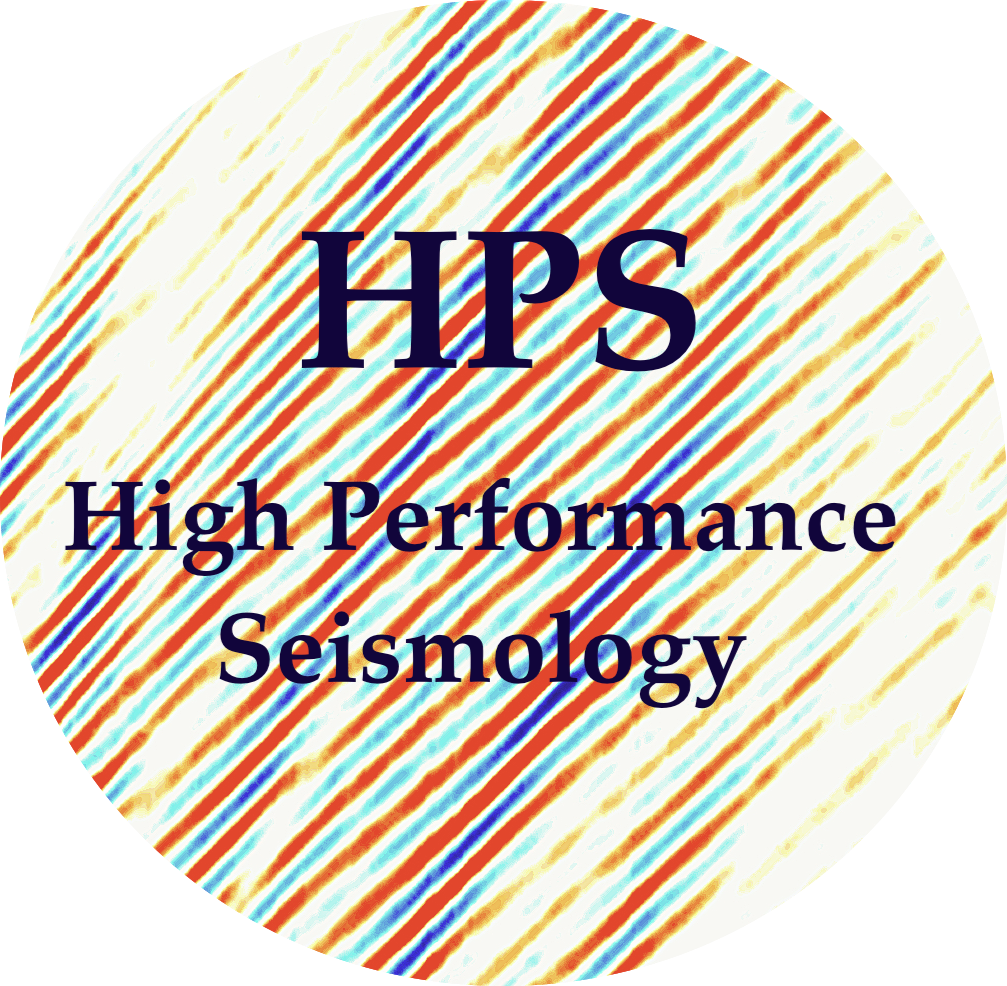SCEC High Performance Earthquake Science Tools
SCEC High Performance Earthquake Science Tools#
Welcome to our series of tutorials where we will explore four of the main high-performance tools that the Southern California Earthquake Center (SCEC) uses at the frontier of earthquake sciences. These tools are instrumental in helping us understand, predict, and prepare for earthquakes, ultimately aiming to reduce earthquake risk and improve our resilience.
Earthquake Forecast using CSEP (Collaboratory for the Study of Earthquake Predictability): This tutorial will guide you through the process of earthquake forecasting using the CSEP. We will cover how to use this tool to generate and test earthquake forecast models, providing a comprehensive understanding of the probabilities and potential impacts of future seismic events.
Presentation Phil Maechling (USC), Jose Tonio Bayona and their video tutorial:
Ground Motion Simulation Research and Broandband Platform: This tutorial demonstrates how to use the ground motion broadband platform toolkit from SCEC by Favio Silva, Phil Maechling. Presentation Phil Maechling (USC), Jose Tonio Bayona and their video tutorial:
CyberShake Data Access: CyberShake is a powerful tool that allows us to access over 70TB of simulated seismograms. In this tutorial, we will delve into how to navigate this vast amount of data, extract meaningful insights, and apply these findings to real-world earthquake scenarios.
Presentation Scott Callagan (USC) and their video tutorial:
SCEC Community Models: tutorials to access the Community Velocity, Stress, Geodetic, Thermal and Rheological Models. Presentation Phil Maechling (USC) and the video tutorial:
Broadband Ground Motion Simulations: The third tutorial will focus on broadband ground motion simulations. We will explore how these simulations are used to predict the ground motion during an earthquake. This knowledge is crucial for designing earthquake-resistant structures and improving our preparedness for these natural disasters. Presentation Fabio Silva (USC/SCEC), Phil Maechling (USC/SCEC), Scott Callaghan (USC/SCEC) and the video tutorial:
These tutorials are designed to provide a comprehensive understanding of these high-performance tools, equipping you with the knowledge and skills to contribute to the field of earthquake sciences. Whether you’re a student, a researcher, or a professional in the field, we hope these tutorials will be a valuable resource in your journey.
